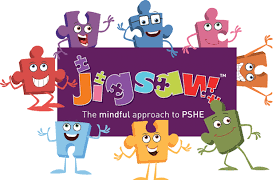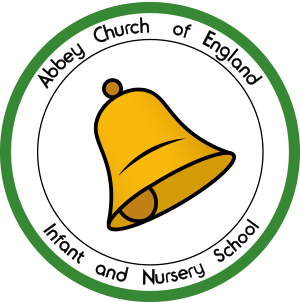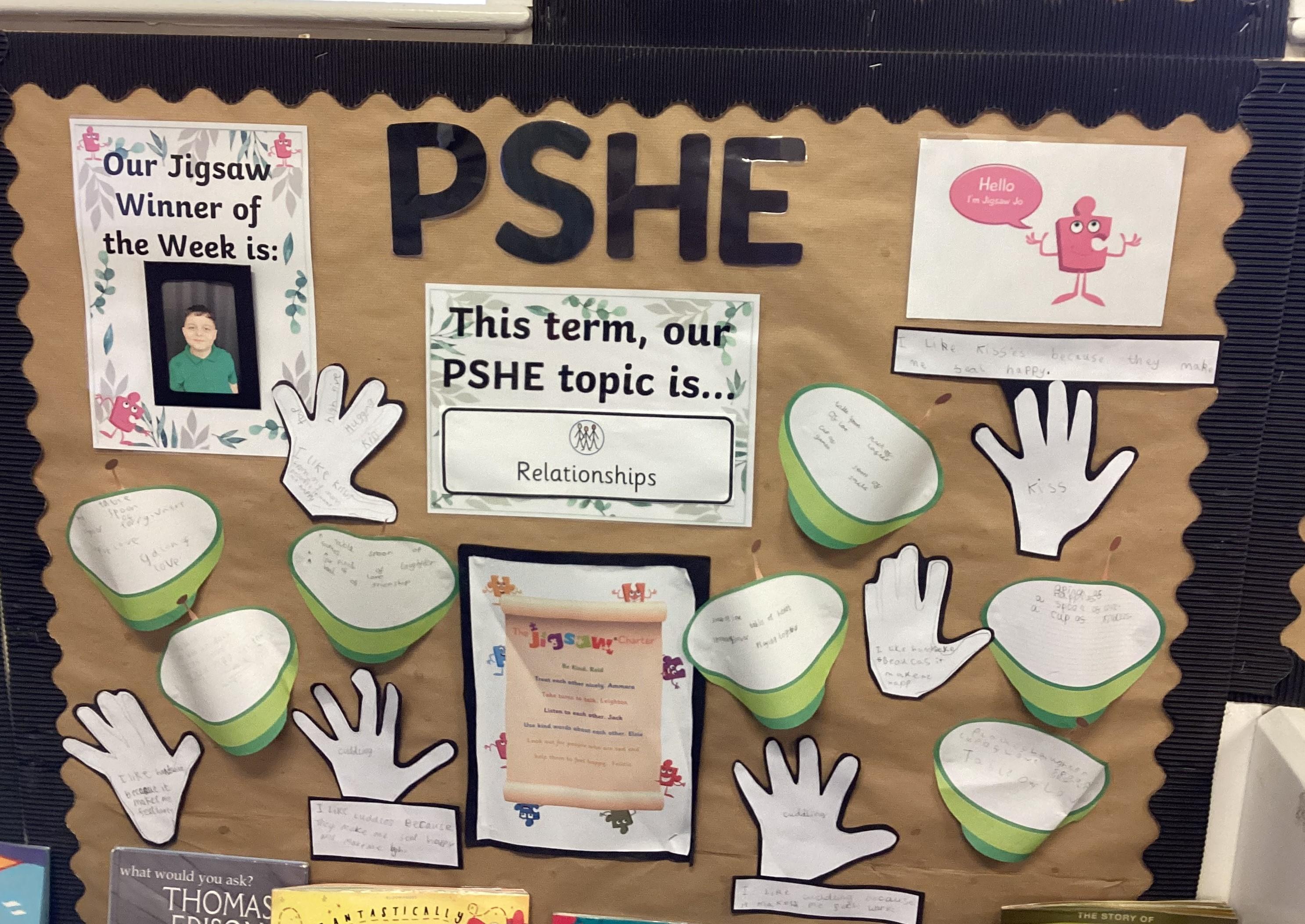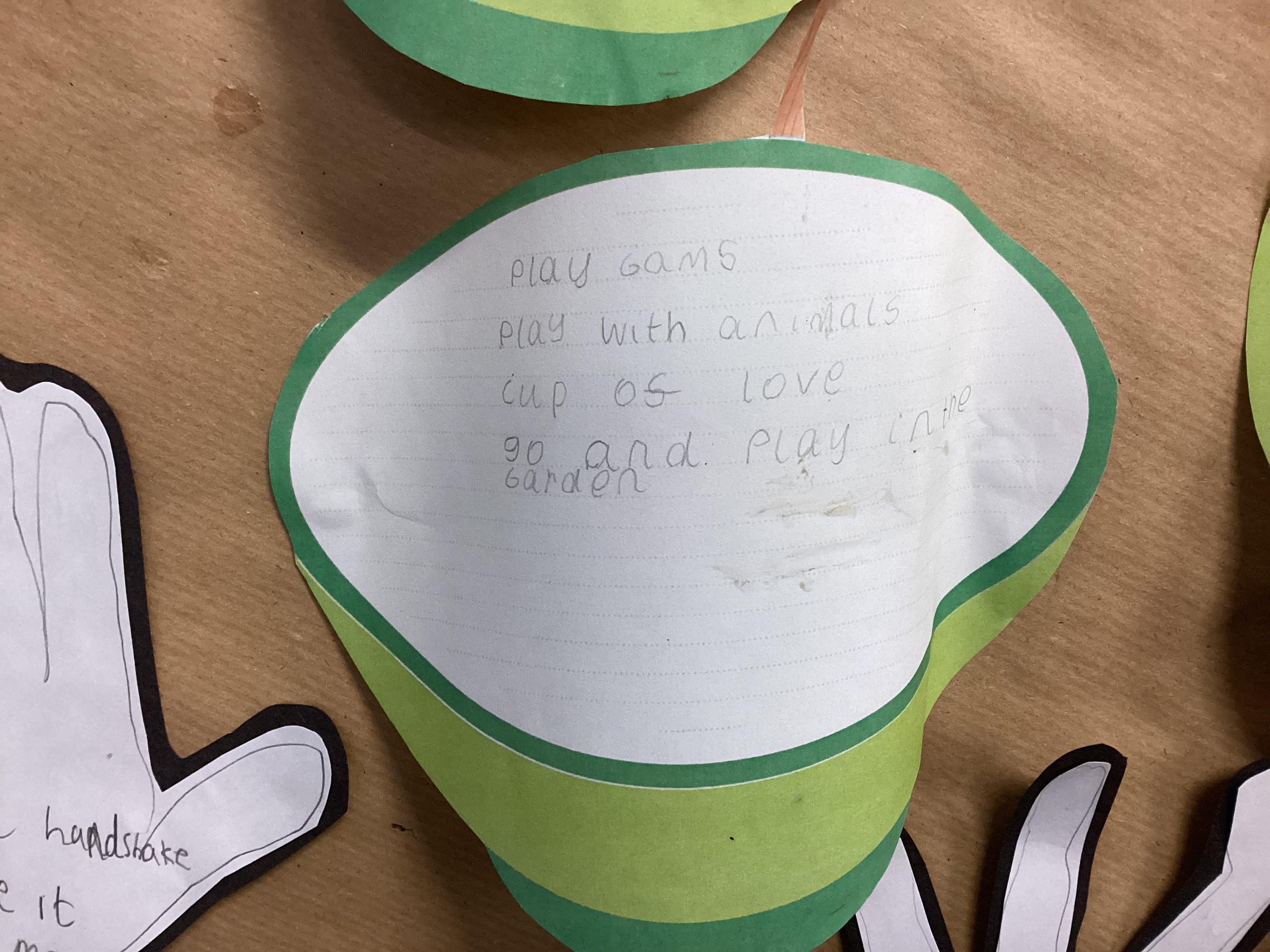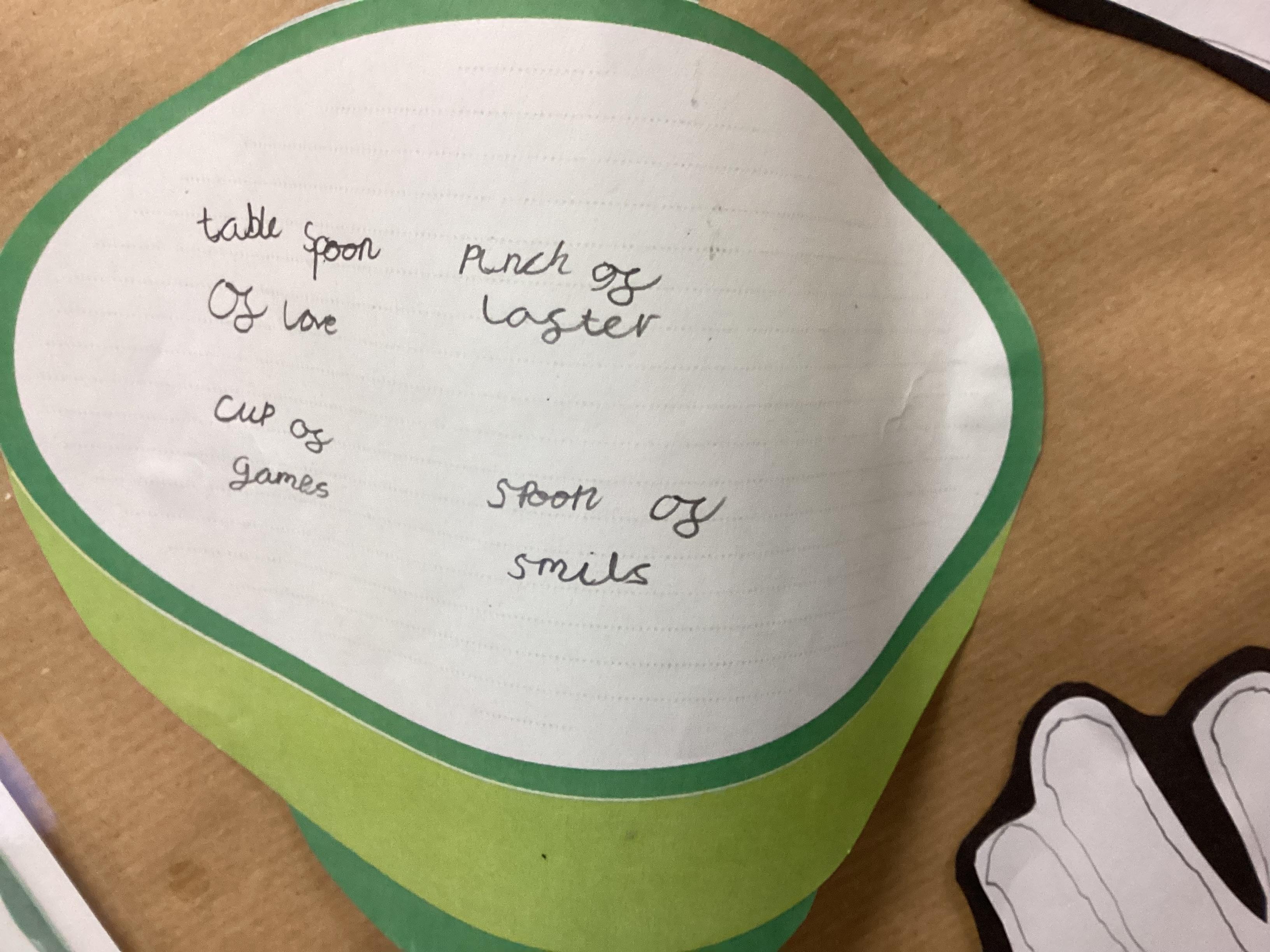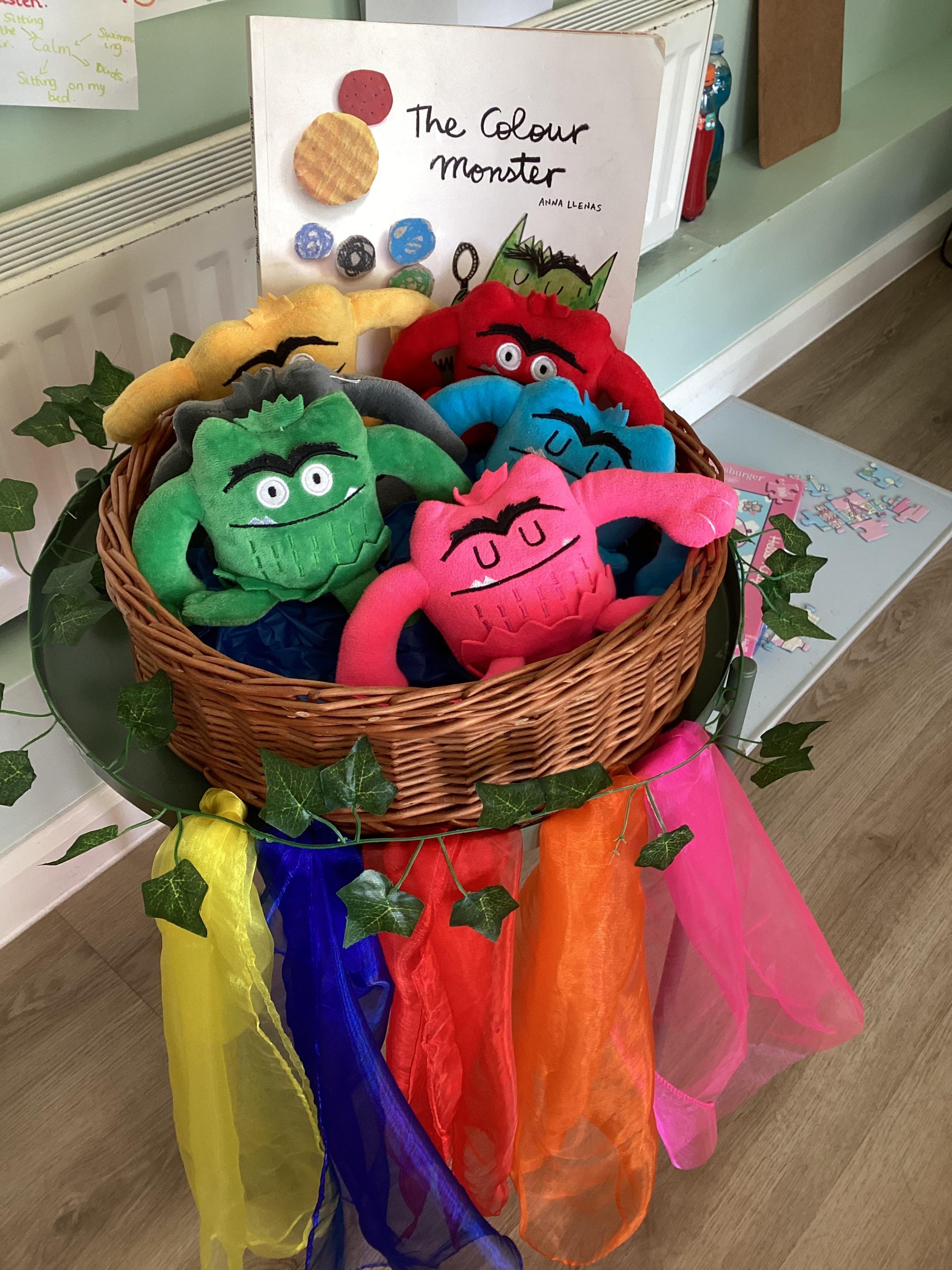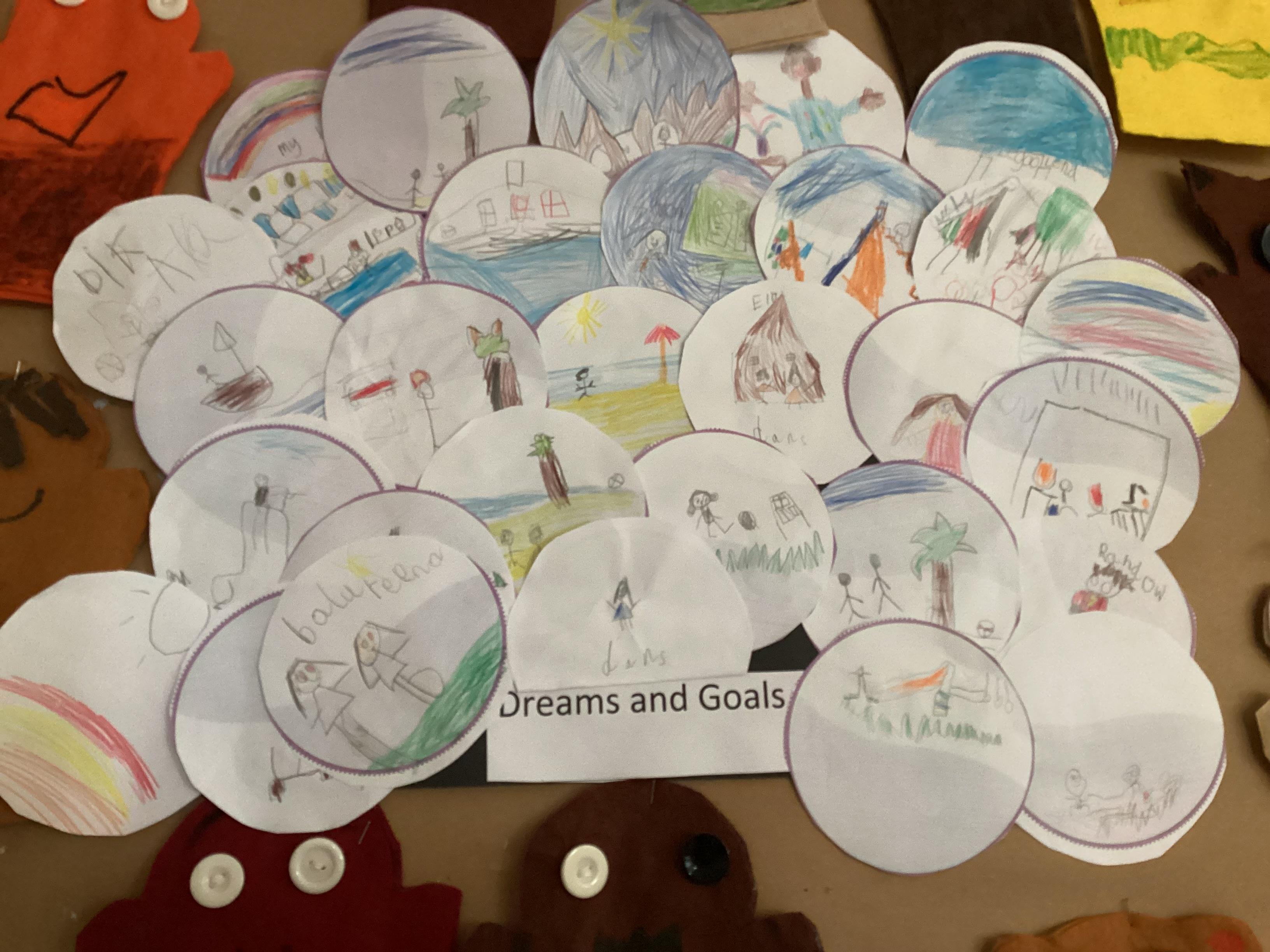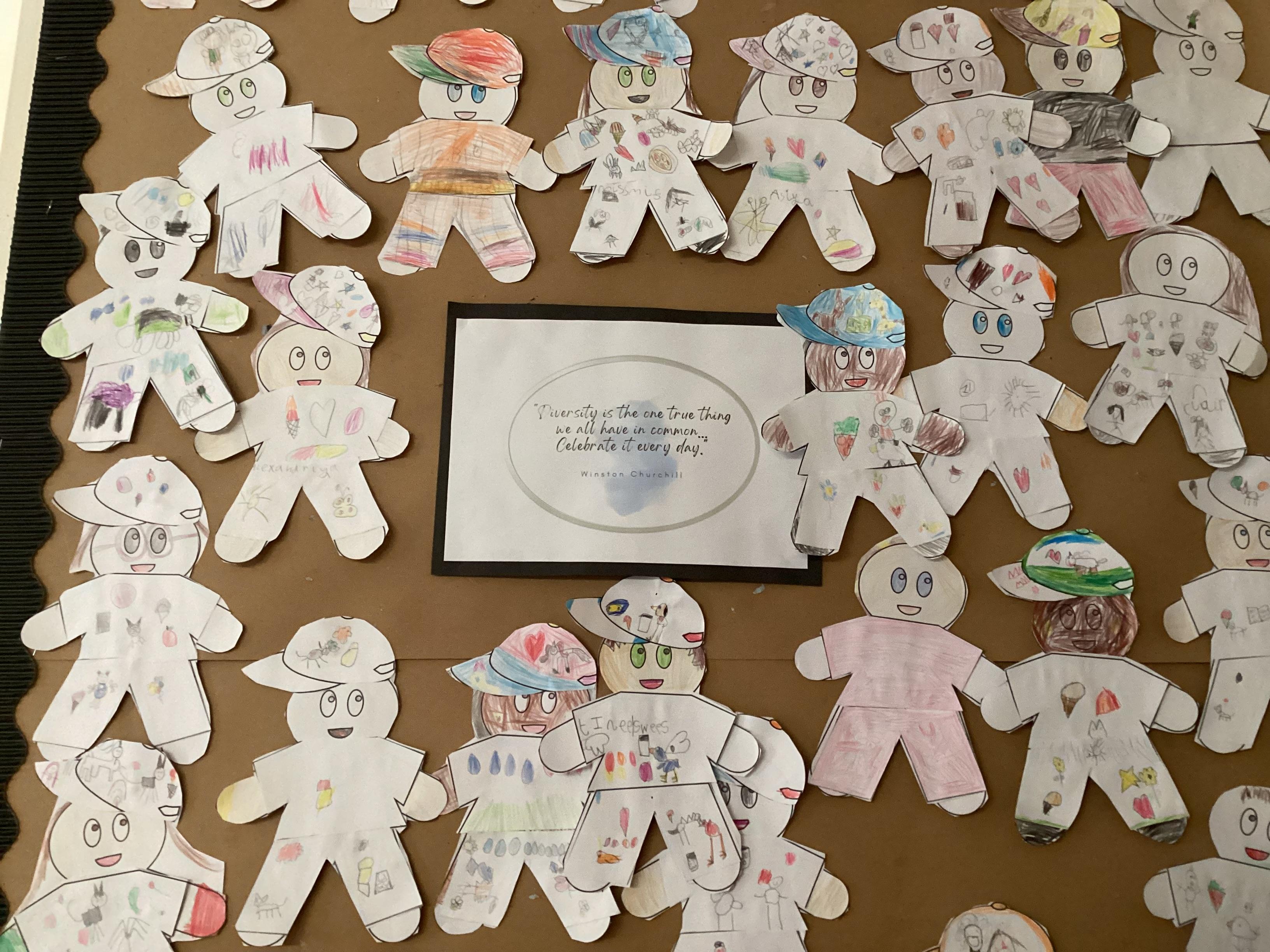PSHE
Shining Brightly through PSHE
Shine Brightly (Jesus said) “You are the light of the world. A town built on a hill cannot be hidden. Neither do people light a lamp and put in under a bowl. Instead they put it on a stand, and it gives light to everyone in the house. In the same way, let your light shine before others, that they may see your good deeds and glorify your father in Heaven. (Matthew 5: 14-16) (taken from the Sermon on the Mount)
|
Theological Concept Relevant to Curriculum |
PSHE |
|
Salvation (transformative, ‘good news’)
|
PSHE transforms lives through supporting the children to understand who they are and how they fit into the world. It supports children to respect similarities and differences. The children are given the opportunity to ‘shine brightly’ through exploring their aspirations and how to achieve their dreams and goals. Pupils know how to keep safe and healthy and build positive and happy relationships. The children can ‘shine brightly’ by being given the opportunities to cope positively with change and solve problems within friendships. Pupils also explore how to make our school community a better place through discussion with the school council. |
|
The Trinity (diversity and community)
|
As part of our PSHE curriculum the children are introduced to their community through visits and visitors by exploring local businesses and jobs. The curriculum enables the children to celebrate differences by exploring how we are all different and unique. The children are given the skills to develop positive friendships and will learn how to ‘shine brightly’ through being positive role models and advocates. |
|
Love (issues of justice and equity)
|
Love is central to everything that we do at Abbey. The children are given the opportunity to build positive, healthy relationships. Through the Taking Care Programme, the children explore their right to feel safe and that they are special and valued. The children learn how to care about other people’s feelings and values. Pupils know how to make their class a safe place to enable everyone to learn. Through different celebrations, such as, Neurodiversity Celebration Week, children understand that we are all unique and our learning may look different to enable everyone to ‘shine brightly’. Pupils use kind words and know how to give and receive compliments. If they see someone is upset or feeling hurt they know how to help and support them. |
What is PSHE Education?
PSHE Education (Personal, Social, Health and Economic Education) is a planned programme of learning through which children and young people acquire the knowledge, understanding and skills they need to successfully manage their lives – now and in the future. As part of a whole-school approach, PSHE Education develops the qualities and attributes pupils need to thrive as individuals, family members and members of society.
What do schools have to teach in PSHE Education?
According to the National Curriculum, every school needs to have a broad and balanced curriculum that:
• promotes the spiritual, moral, social, cultural, mental and physical development of pupils at the school;
• prepares pupils at the school for the opportunities, responsibilities and experiences of later life;
• promotes British values.
Primary schools in England also need to teach Relationships and Health Education as compulsory subjects and the Department for Education strongly recommends this should also include age-appropriate Sex Education.
Schools also have statutory responsibilities to safeguard their pupils (Keeping Children Safe in Education, DfE, 2019) and to uphold the Equality Act (2010).
The Jigsaw Programme supports this.
What is the Jigsaw PSHE programme?
At Abbey Infant School we have introduced a whole school PSHE scheme called Jigsaw. Jigsaw combines PSHE, emotional literacy, mindfulness, social skills and spiritual development.
Jigsaw is designed as a whole school approach, with all year groups working on the same theme (Puzzle) at the same time.
Jigsaw aims to help children know and value who they really are and how they relate to other people in this ever-changing world.
There are six Puzzles (half-term units of work) each with six Pieces (lessons). Every year group studies the same Puzzle at the same time (sequentially ordered from September to July). Each year group is taught one lesson per week and all lessons are delivered in an age- and stage-appropriate way so that they meet children’s needs.
The different puzzle pieces are:
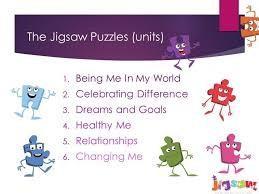
Relationships & Sex Education
An important part of the Jigsaw PSHE programme is delivered through the 'Relationships' and 'Changing Me' puzzle pieces which are covered in the summer term.
There are four main aims of teaching RSE:
• To enable children to understand and respect their bodies
• To help children develop positive and healthy relationships appropriate to their age and development
• To support children to have positive self-esteem and body image
• To empower them to be safe and safeguarded.
Each year group will be taught appropriate to their age and developmental stage. At no point will a child be taught something that is inappropriate; and if a question from a child arises and the teacher feels it would be inappropriate to answer, (for example, because of its mature or explicit nature), this information with be shared with you by your child’s class teacher. The question will not be answered to the child or class if it is outside the remit of that year group’s programme.
Below is a summary of RSE coverage within the Jigsaw scheme for each year group, also on our website is a “Progression of Skills” document which details exactly what the children will be taught in each Jigsaw puzzle piece and how that progresses through the school.
• Foundation Stage - Growing up: how we have changed since we were babies
• Year 1 - Boys’ and girls’ bodies; naming body parts
• Year 2 - Boys’ and girls’ bodies; body parts and respecting privacy (which parts of the body are private and why this is)
